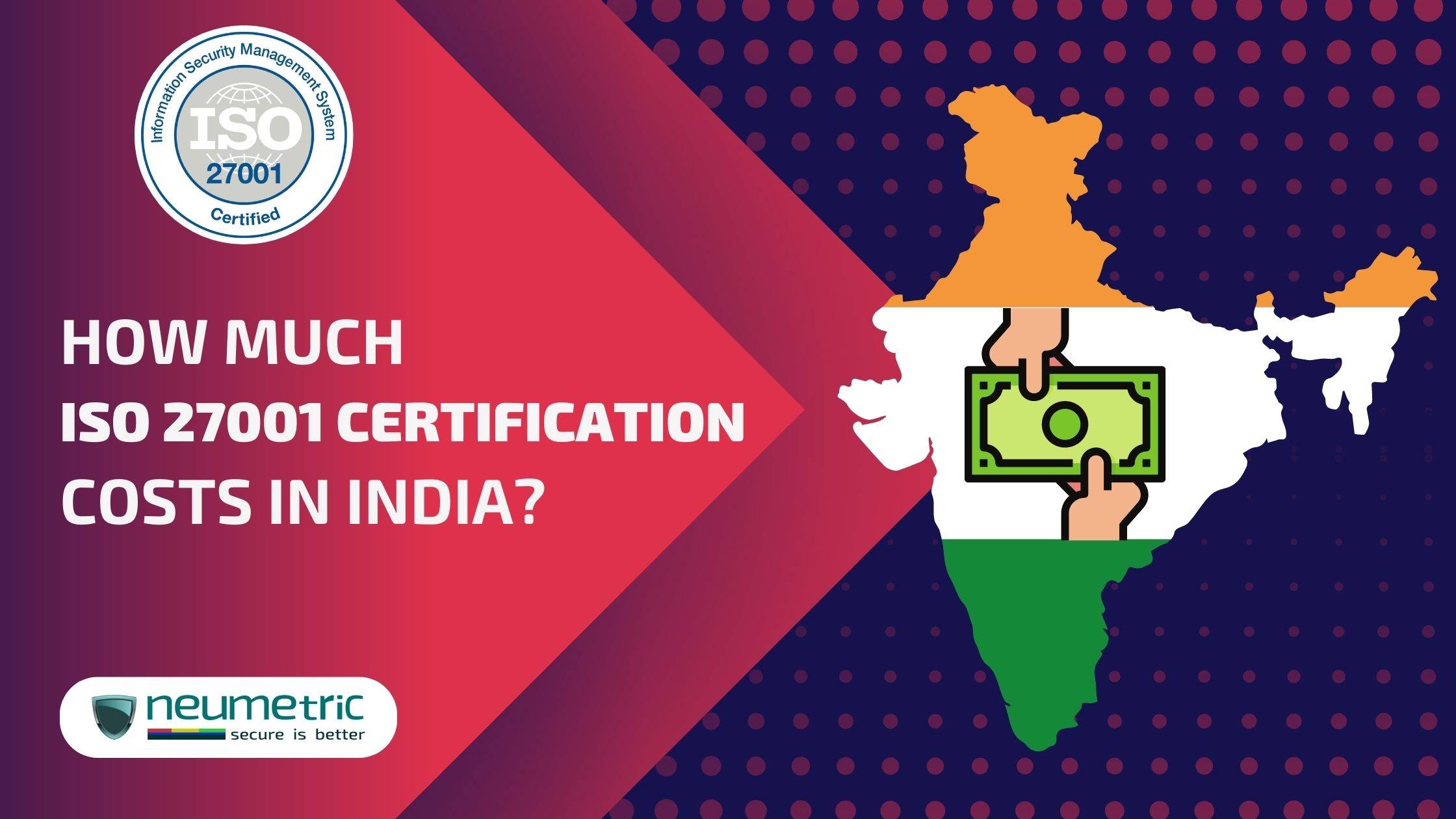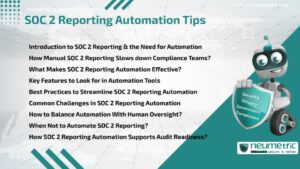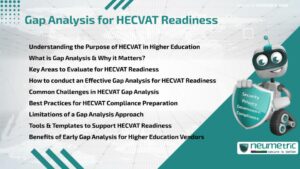Table of Contents
ToggleHow much ISO 27001 Certification Cost for an Organisation in India?
Introduction
In today’s digital age, protecting sensitive information has become more critical than ever before. With cyber threats on the rise, companies need to ensure that they have robust Information Security Management Systems [ISMS] in place. One way of achieving this is through ISO 27001 Certification, which is an internationally recognised Standard for Information Security Management. This article will discuss the factors affecting the ISO 27001 Certification cost, the average costs, and ways to reduce the ISO 27001 Certification costs.
ISO 27001 is an international Standard that outlines best practices for Information Security Management. It provides a Framework for establishing, implementing, maintaining, and continually improving an ISMS. An ISMS is a systematic approach to managing sensitive Company information so that it remains secure. It involves people, processes, and technology, and covers all aspects of information security, including risk assessment, security controls, and incident management.
There are several reasons why Organisations should consider ISO 27001 Certification. Firstly, it demonstrates a commitment to information security and can be used to assure customers and partners that their information is safe. Secondly, it can help companies comply with legal and regulatory requirements. Finally, it can improve the effectiveness of an Organisation’s Information Security Management by providing a structured approach to managing risks.
This article will focus on ISO 27001 Certification cost. We will explore the factors that affect the cost, the average cost for small, medium, and large Organisations, and ways to reduce the ISO 27001 Certification costs.
Neumetric Services in ISO 27001 Certification:
Neumetric is a cybersecurity services provider that can help Organisations achieve ISO 27001 Certification offering a wide range of services that can help Organisations of all sizes and complexities achieve Certification. Neumetric provides the following services to support the Certification process:
- Gap Analysis: Neumetric can conduct a Gap Analysis to assess the Organisation’s current ISMS and identify any gaps that need to be addressed to comply with the ISO 27001 Standard. The Gap Analysis report will outline the steps needed to achieve Certification, including the estimated cost and timeline.
- ISMS Implementation: Neumetric can assist with the development and implementation of the ISMS, including the creation of policies and procedures, risk assessments, and security controls.
- Internal Audits: Neumetric conducts Internal Audits to assess the effectiveness of the ISMS and identify any areas that need improvement. The Internal Audits need to be conducted on a regular basis to ensure ongoing compliance with ISO 27001.
- Certification Audit Support: Neumetric can provide support during the Certification Audit to ensure a smooth and successful Certification process. We can also provide guidance on how to address any non-conformities identified during the Audit.
Factors Affecting ISO 27001 Certification Cost
Several factors affect ISO 27001 Certification cost. These include the size of the Organisation, the complexity of the ISMS, the scope of the Certification, the location of the business, and the experience and expertise of the Certification Body.
- Size of the Organisation: The size of the Organisation is one of the primary factors that affect ISO 27001 Certification cost. Large Organisations typically have more complex systems and processes, which require more time and resources to assess. As a result, the cost of Certification for larger Organisations is generally higher than for smaller Organisations.
- Complexity of the Information Security Management System [ISMS]: The complexity of the ISMS is another significant factor that affects the cost of Certification. If the ISMS is well-developed and implemented, the Certification process is likely to be more straightforward and, therefore, less expensive. However, if the ISMS is poorly developed or implemented, the Certification process may take longer and require more resources, resulting in higher costs.
- Scope of the Certification: The scope of the Certification refers to the range of information assets and business processes covered by the ISMS. The larger the scope, the more time and resources are required to assess the ISMS, and therefore the higher the cost of Certification.
- Location of the business: The location of the business can also affect ISO 27001 Certification cost. Certifying Bodies in different regions may have different fee structures, and travel expenses for Auditors may also vary depending on the location of the business.
- Experience and expertise of the Certification Body: The experience and expertise of the Certification Body can also affect Certification cost of ISO 27001. More experienced and reputable Certification bodies may charge higher fees but provide a more valuable Certification.
Average ISO 27001 Certification Cost
The ISO 27001 Certification cost varies depending on several factors, including the size and complexity of the Organisation, the scope of the Certification, the location of the business, and the experience and expertise of the Certification Body.
The ISO 27001 Certification cost can vary significantly depending on the size of the Organisation. Small businesses may be able to achieve Certification for a few thousand dollars, while larger Organisations may need to budget tens of thousands of dollars.
For small businesses, the cost of Certification may be in the range of ₹4,00,000/- INR to ₹8,00,000/- INR. This cost typically covers the cost of the Certification process, including the Audit, documentation review, and Certification fees.
For medium-sized Organisations, the cost of Certification may be in the range of ₹12,00,000/- INR to ₹20,00,000/- INR. This cost may include the cost of additional consultants to help with the Certification process, as well as any necessary updates to the ISMS.
For large Organisations, the cost of Certification may be in the range of ₹41,00,000/- INR to ₹82,00,000/- INR. This cost may include the cost of additional Auditors, travel expenses, and consulting fees.
The ISO 27001 Certification cost can also vary depending on the Certification Body chosen. Certification bodies charge different fees for their services, and the cost can also depend on the level of service required.
In addition to the cost of the Certification process itself, there may be other expenses to consider. These may include:
- The cost of hiring additional consultants to help with the Certification process
- The cost of software or other tools needed to support the ISMS
- The cost of training employees on information security best practices
- The cost of updating the ISMS to meet the requirements of the ISO 27001 standard
Ways to Reduce ISO 27001 Certification Cost
- Conduct a Gap Analysis before starting the Certification process: Conducting a Gap Analysis is an essential step in determining the extent to which your Organisation meets the requirements of the ISO 27001 standard. It will identify areas that need improvement and help you focus on specific controls to implement. By conducting a Gap Analysis, you can avoid unnecessary expenses by not implementing controls that are not required or already in place.
- Implement continuous improvement processes: Implementing continuous improvement processes will help your Organisation maintain the effectiveness of your Information Security Management System [ISMS] and identify opportunities for improvement. Continual improvement is a fundamental principle of the ISO 27001 Standard, and it is required for maintaining Certification. It can help you reduce Certification costs by avoiding costly re-certification Audits and reducing the need for expensive corrective actions.
- Choose a Certification Body wisely: Choosing a Certification Body that is accredited by a reputable Accreditation Body and has experience in your industry can save you time and money. Accredited Certification Bodies are required to adhere to strict rules and regulations, and their Auditors are trained to be impartial and objective. By choosing a Certification Body wisely, you can avoid the costs of switching Certification bodies or dealing with poor quality Audits.
However, becoming ISO 27001 certified can be a significant investment in terms of time, money, and resources. Therefore, businesses considering ISO 27001 Certification must evaluate the ISO Certification costs and benefits carefully.
The Benefits of ISO 27001 Certification
There are many benefits to becoming ISO 27001 certified, including:
- Improved Information Security: ISO 27001 Certification requires Organisations to establish and maintain an ISMS that addresses information security risks in a comprehensive manner. This leads to improved information security and reduced likelihood of data breaches.
- Enhanced Customer Confidence: ISO 27001 Certification demonstrates to customers that an Organisation takes information security seriously and has implemented best practices to protect their data. This can enhance customer confidence and improve the Organisation’s reputation.
- Compliance with Legal and Regulatory Requirements: Many industries are subject to legal and regulatory requirements related to information security. ISO 27001 Certification can help Organisations comply with these requirements and avoid costly fines and penalties.
- Competitive Advantage: ISO 27001 Certification can provide a competitive advantage over Organisations that do not have Certification. This can be particularly important for Organisations that handle sensitive information or operate in industries with high information security requirements.
Conclusion
ISO 27001 Certification can be a significant investment for Organisations, but the benefits of Certification make it a worthwhile endeavour. Improved information security, enhanced customer confidence, compliance with legal and regulatory requirements, and a competitive advantage are just some of the benefits of becoming ISO 27001 Certified. To achieve ISO 27001 Certification, Organisations must understand the Standard’s requirements, define the Scope of the Certification, plan the implementation carefully, involve stakeholders and implement a process of continuous improvement.
Implementing an ISMS can be a complex process, but Organisations can take steps to minimise the costs of Certification. Conducting a Gap Analysis before starting the Certification process can help to identify areas that require improvement and avoid unnecessary expenses. Implementing continuous improvement processes can help to reduce the costs associated with re-Certification and ensure the ISMS remains effective over time.
Choosing a Certification Body wisely is also essential. Organisations should select a Certification Body that is accredited and has experience in the Organisation’s industry. The Certification Body’s Auditors should be impartial and objective and have the necessary expertise to assess the Organisation’s ISMS effectively.
ISO 27001 Certification is not a one-time event but rather an ongoing process of continuous improvement. Organisations must implement a process of continual improvement to maintain the effectiveness of the ISMS and identify opportunities for improvement. This can help to reduce the costs associated with re-Certification and ensure the ISMS remains relevant and effective.
In summary, becoming ISO 27001 certified is a worthwhile investment for Organisations looking to improve their information security practices, enhance customer confidence, and comply with legal and regulatory requirements. By following best practices, Organisations can minimise the costs of Certification and ensure the ISMS remains effective over time. Ultimately, ISO 27001 Certification can provide a competitive advantage and help Organisations protect their sensitive information from data breaches and other security threats.
FAQs:
Is ISO 27001 Certification worth it?
Yes, ISO 27001 Certification is worth it for Organisations looking to improve their information security practices, enhance customer confidence, and comply with legal and regulatory requirements.
Is ISO 27001 free?
No, ISO 27001 is not free. Organisations must invest time and resources to implement an effective ISMS and undergo the Certification process.
How much does ISO 27001 cost for small business?
The cost of ISO 27001 Certification for small businesses varies depending on factors such as the Organisation’s size, complexity, and industry. However, small businesses can take steps to minimise the costs of Certification, such as conducting a Gap Analysis and implementing continuous improvement processes.
How difficult is ISO 27001 Certification?
The difficulty of ISO 27001 Certification depends on factors such as the Organisation’s size, complexity, and existing information security practices. However, with careful planning and implementation, Organisations of all sizes and industries can achieve ISO 27001 Certification.





